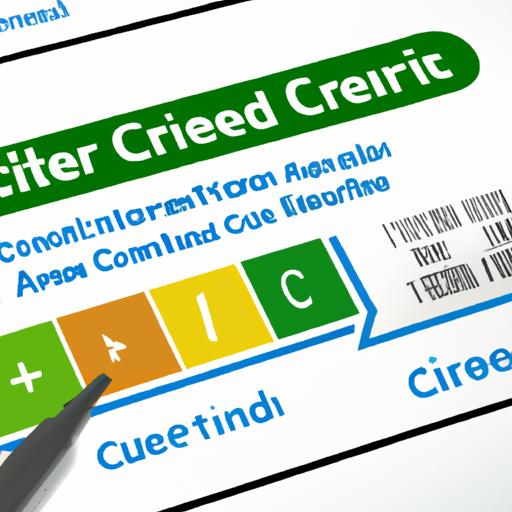Home Equity Installment Loan: Understanding the Key to Financial Freedom
Introduction
home equity installment loans are a powerful tool that can unlock the value of your home and provide you with access to funds when needed. But what exactly is a home equity installment loan? Simply put, it is a loan that allows you to borrow against the equity in your home, with the loan amount and interest rate fixed at the time of borrowing.
The importance of home equity loans cannot be overstated. Whether you are looking to make home improvements, consolidate debt, or cover unexpected expenses, a home equity installment loan can be a lifeline in times of financial need. By leveraging the equity you have built in your home, you can secure a loan with favorable terms and low interest rates, making it an attractive option for many homeowners.
How Home Equity Installment Loans Work
Understanding the Structure
Home equity installment loans operate by allowing homeowners to borrow against the equity in their homes. Equity is the difference between the market value of your home and the outstanding balance on your mortgage. When you take out a home equity loan, you receive a lump sum of money that is repaid over a fixed period, typically in regular installments.
Contrasting with Other Loans
One key advantage of home equity installment loans is the lower interest rates they typically offer compared to other types of loans, such as personal loans or credit cards. This is because the loan is secured by your home, making it less risky for lenders. Additionally, home equity loans often come with longer repayment terms, giving you more flexibility in managing your finances. Comparatively, other loans may have higher interest rates and shorter repayment periods, making them less favorable for long-term borrowing needs.
Benefits of Home Equity Installment Loans
Lower Interest Rates
One of the primary advantages of home equity installment loans is the lower interest rates compared to other types of loans. Since these loans are secured by the equity in your home, lenders typically offer lower interest rates, making it a cost-effective borrowing option for homeowners.
Longer Repayment Terms
Home equity installment loans also come with longer repayment terms, allowing you to spread out your payments over a more extended period. This can help alleviate financial strain and make it more manageable to repay the loan without feeling overwhelmed by high monthly payments.
Potential Tax Advantages
Another benefit of home equity loans is the potential tax advantages they offer. In some cases, the interest paid on a home equity loan may be tax-deductible, providing you with additional savings. Be sure to consult with a tax advisor to understand the specific tax implications for your situation.
Factors to Consider Before Applying
Home Equity Requirements
Before applying for a home equity installment loan, it is crucial to understand the requirements set by lenders. Typically, lenders will require that you have a certain amount of equity in your home, usually around 15% to 20% of the home’s value. This ensures that you have a stake in the property and are less likely to default on the loan.
Credit Score and Income Considerations
Your credit score and income play a significant role in the approval process for a home equity loan. Lenders will assess your creditworthiness to determine the risk of lending to you. A higher credit score and stable income can increase your chances of approval and help you secure a loan with favorable terms.
Risks Associated with Home Equity Loans
While home equity loans offer many benefits, there are also risks to consider. One major risk is the possibility of losing your home if you are unable to repay the loan. Additionally, if your home’s value decreases, you may end up owing more than the home is worth. It is essential to carefully weigh the risks and benefits before applying for a home equity installment loan.
How to Apply for a Home Equity Installment Loan
Steps to Apply for a Home Equity Loan
When considering applying for a home equity installment loan, it’s important to follow a few key steps to ensure a smooth process. Firstly, assess your financial situation and determine how much equity you have in your home. Next, research different lenders and compare their loan terms, interest rates, and fees to find the best option for your needs. Once you have selected a lender, you can begin the application process by filling out the necessary paperwork and providing the required documentation.
Documentation Needed for the Application Process
To successfully apply for a home equity loan, you will typically need to provide documentation such as proof of income, tax returns, bank statements, and a copy of your homeowner’s insurance policy. Lenders may also require a home appraisal to determine the current value of your property. Be prepared to submit these documents promptly to expedite the loan approval process and secure the funds you need.






